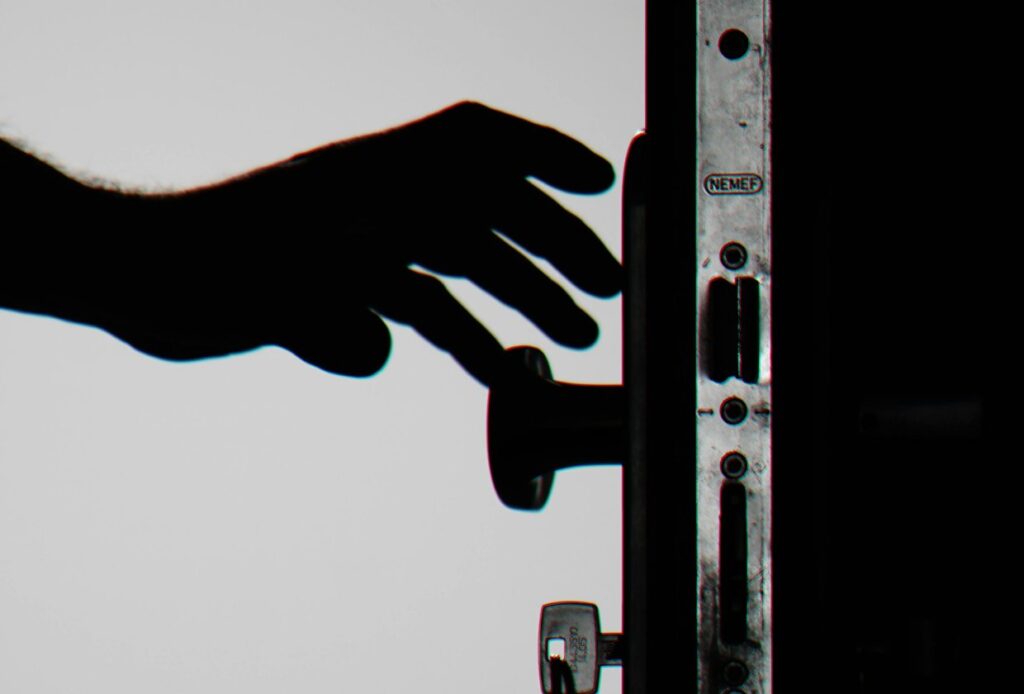The image of Spain overrun by squatters has dominated headlines and fueled heated political debates. However, a thorough examination of recent data and expert analyses reveals a more nuanced picture. This article aims to provide a comprehensive overview of the squatting situation in Spain as of 2024, addressing common misconceptions and exploring the broader context of this complex issue.
The True Scale of Squatting: By the Numbers
Recent investigations by respected journalist José María Camarero have brought clarity to the actual extent of squatting in Spain:
- Only 0.06% of Spain’s 26 million homes are affected by illegal squatting
- 15,289 nationwide reported cases in 2024, down from 17,274 in 2021
- This represents a 11.5% decrease in reported cases over three years
These figures suggest that while squatting remains a concern for affected property owners, it’s far from the widespread crisis often portrayed in the media and political discourse.
Legal Framework and Distinctions
Understanding the legal landscape is crucial to grasping the complexities of squatting in Spain. Spanish law distinguishes between two primary types of squatting offenses:
- “Allanamiento de morada” (breaking and entering):
- Occurs when squatters occupy a primary residence
- Considered a more serious offense
- Can result in immediate eviction and criminal charges
- “Usurpación” (usurpation):
- More common, typically involving unoccupied properties like second homes or abandoned buildings
- Often leads to lengthier legal processes for eviction
The legal process for eviction differs significantly between these categories, with “allanamiento” cases generally resolved more quickly due to their severity.
The Rise of “Inqui-okupas”: A Growing Concern
While traditional squatting garners headlines, a more prevalent issue for property owners is the phenomenon of “inqui-okupas” or “rent squatters.” These are tenants who initially enter properties legally but then stop paying rent while continuing to occupy the space. In 2023:
- 26,659 evictions due to non-payment were recorded
- 75% of these were linked to rental arrears
- 25% were related to mortgage defaults
This issue has become more widespread than traditional squatting and poses significant challenges for landlords, especially given recent changes in housing laws.
Political and Social Context
The squatting debate in Spain is deeply intertwined with broader housing issues and social movements:
Housing Market Pressures
- Severe housing shortages in major cities like Barcelona and Madrid
- Rapidly rising rental costs, outpacing wage growth
- Lack of affordable housing options, particularly for young people and low-income families
Social Movements and Activism
- Groups like the PAH (Platform for People Affected by Mortgages) have used squatting as a tactic to advocate for housing rights
- Criticism of bank-owned empty properties in the wake of the 2008 financial crisis
- Debates over the right to housing versus property rights
Political Divide
- Left-leaning parties often advocate for stronger tenant protections and social housing initiatives
- Right-wing parties tend to emphasize property rights and stricter anti-squatting measures
Legal Reforms and Ongoing Debates
Spain’s new Housing Law, implemented in 2022, has introduced additional protections for vulnerable tenants, potentially slowing down eviction processes. Key aspects include:
- Extended notice periods for evictions involving vulnerable tenants
- Requirements for large property owners to offer social rent options before eviction
- Rent control measures in certain “stressed” housing markets
These changes have led to concerns among property owners about their rights and the efficiency of the legal system in addressing occupancy issues.
International Comparisons
To put Spain’s squatting situation in perspective, it’s useful to compare it with other European countries:
- The Netherlands has historically had a more permissive approach to squatting, though laws have tightened in recent years
- The UK has some of the strictest anti-squatting laws in Europe, with squatting in residential buildings criminalized in 2012
- Italy faces similar challenges to Spain, with squatting often linked to housing shortages and economic hardship
Solutions and Future Outlook
Addressing the squatting issue in Spain requires a multifaceted approach:
- Increasing the supply of affordable housing
- Streamlining legal processes for legitimate evictions while protecting vulnerable tenants
- Implementing more effective measures to bring vacant properties into use
- Balancing property rights with social housing needs
Conclusion
While squatting in Spain remains a complex and emotionally charged issue, the data suggests it’s not as widespread as often portrayed. The real challenges lie in navigating Spain’s evolving rental laws, managing tenant relationships, and addressing broader housing market pressures.
As Spain continues to grapple with these issues, a balanced approach that considers the rights of property owners, the needs of tenants, and the broader social context will be crucial in finding effective, long-term solutions to housing challenges.



